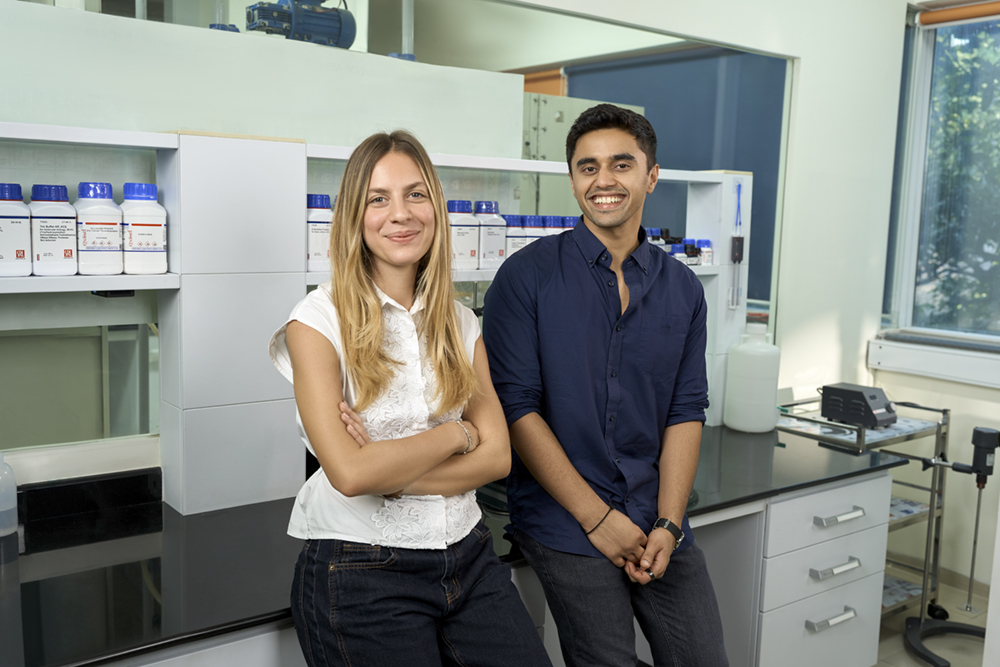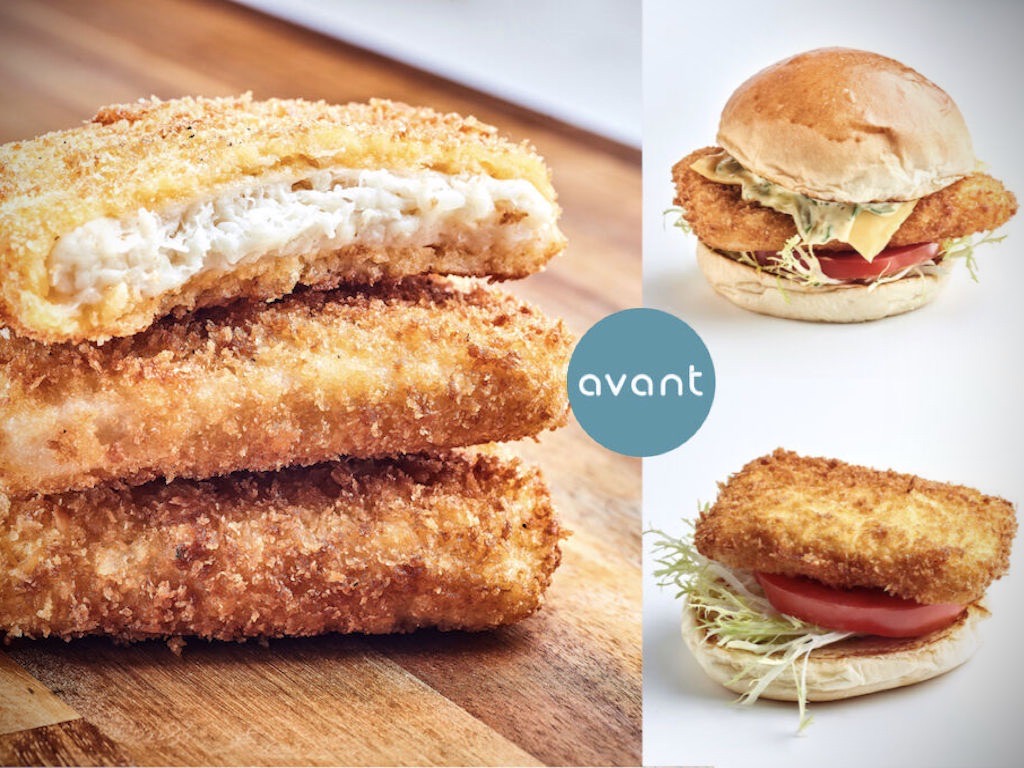

Multus speeds past industry timelines with launch of Proliferum P for cultivated pork and beyond
Multus Biotechnology has unveiled Proliferum P, the first commercially available animal component-free serum replacement designed specifically for porcine adipose-derived stem cells (ASCs). The launch underscores the London-based startup’s ambitions to transform cell culture media development timelines and deliver cost-effective, scalable solutions for industries ranging from cultivated meat to regenerative medicine.
Proliferum P was developed in under six months – a fraction of the typical two-to-four years required for serum replacements – and signals the third product launch from Multus’ proprietary optimization platform in just half a year. The new formulation matches or exceeds the performance of fetal bovine serum (FBS), historically the industry’s gold standard, while maintaining the cells’ critical stemness and adipogenic differentiation capacities.
“Traditional approaches typically take two to four years to develop serum replacements,” said Dr Soraya Padilla, project lead for Proliferum P. “Using our proprietary media optimization platform, we’ve designed Proliferum P specifically for porcine adipose-derived stem cells. By combining high-throughput lab automation, AI, and our unique insights in complex ingredient interactions and cell biology, we’ve built a process that not only accelerates the media development process but also customizes it to specific cell types.”

The launch comes at a critical time for the cellular agriculture sector, where companies are working to bring cultivated meat to market amid ongoing challenges in cost reduction, scalability, and regulatory compliance. The ability to source affordable, animal-free cell culture media is widely considered one of the industry’s key hurdles.
Multus’ rapid progress is partly driven by its AI-enabled platform, which streamlines experimentation and ingredient selection for different cell types. Cai Linton, Co-founder & CEO of Multus, said the technology is designed to not just meet industry benchmarks, but consistently push them higher.
“Our platform doesn’t just allow us to match industry standards – it ensures we continuously raise the bar,” said Linton. “With Proliferum P, we’re delivering a superior product to FBS while demonstrating how AI and automation, in the hands of our experienced scientists, can transform biotechnology development timelines.”
Julian Arjuna Bisten, Senior Associate – Supply Chain at Multus, emphasized that Proliferum P has been built to serve multiple sectors rather than a single niche.
“Proliferum P was designed to support healthy, functional and rapid porcine ASC growth for use across multiple sectors,” said Bisten. “Our media development platform allows us to design media for target cell types and applications while remaining inherently market-agnostic. The cellular agriculture industry frequently uses porcine ASCs for producing cultured pig fat due to fat’s ability to capture and deliver distinct sensory and nutritional profiles at low inclusion rates. However, ASCs also have applications in other sectors, including biopharmaceuticals and regenerative medicine. Our goal for Proliferum P, as an off-the-shelf product, is to serve a broad spectrum of use-cases.”
Porcine adipose-derived stem cells are especially valuable in cultivated meat because they can differentiate into fat – a key element for taste and mouthfeel in pork products. Fat also carries critical aroma compounds and nutritional characteristics, making it a central ingredient in replicating the sensory profile of conventional pork.
Yet the applications go far beyond food. ASCs are multipotent cells, meaning they have the ability to transform into various cell types, including fat, bone, and cartilage. This versatility makes them significant for regenerative medicine and therapeutic research.

Multus’ expansion into porcine cell media reflects a broader strategic roadmap aimed at serving industrial biomanufacturing at scale.
“Our product roadmap includes the full range of media solutions to support industrial biomanufacturing companies accelerating from lab breakthrough to global impact,” said Bisten. “This includes off-the-shelf, custom development and manufacturing solutions for media – basal and supplements – designed for different cell types, applications and production phases.”
The company’s progress stands out in an industry where even incremental improvements in cost or performance can mean the difference between commercial viability and stagnation. For the cultivated meat sector in particular, delays have been common, often driven by the time and cost of creating custom cell culture media suited to specific species or cell types.
“We’re spearheading the acceleration that the cell culture media industry desperately needs,” said Bisten. “With three product releases since December, we’re demonstrating that our platform can deliver optimized media for specific cell types in unprecedented timeframes.”
He noted that the cellular agriculture sector has faced slower progress than initially anticipated, but recent momentum is helping renew optimism.
“The industry requires this level of acceleration and innovation, and we’re driving that change,” said Bisten. “The faster we provide optimal media to our customers, the quicker they can bring their products to market, whether in cellular agriculture, cell therapies, or regenerative medicine. The cellular agriculture sector specifically has faced slower progress than initially anticipated, but we’ve observed significant advancements in recent months, indicating continued momentum. We’re positioned to enable this industry to accelerate and meet their revised timelines by providing robust, cost-effective media solutions that companies can implement immediately.”
Speed isn’t just a bonus – it’s critical for young startups fighting to establish market share before capital runs dry.
“For startups in particular, this speed is crucial. No startup can afford to wait two to four years – the typical development time for cell media using standard DoE approaches – for their foundational materials like cell culture media,” said Bisten. “Our platform addresses this critical bottleneck, allowing companies to focus their resources and expertise on their core innovations rather than spending years developing basic infrastructure components.”
While Proliferum P is optimized for porcine ASCs, Bisten highlighted that the learnings and formulations are often transferrable to other species or cell types.
“Our latest products, including Proliferum P, were developed as off-the-shelf solutions based on identified market needs and customer demand,” he said. “Current solutions weren’t cutting it – too expensive, lacking performance and using ingredients that don’t scale. We developed our food-grade DMEM-F12 FG basal media to provide a cost-effective solution for biomanufacturing companies in the food industry that demand a different set of regulatory requirements and cost targets. Our discussions with customers showed that fibroblasts, served by our animal component-free Proliferum B and ASCs, served by Proliferum P, are among the most commonly used cell types in cellular agriculture.”
Bisten added that while Proliferum B was optimized for bovine cells and Proliferum P for porcine cells, there have been promising results across species.
“It’s worth noting that while Proliferum B was optimized for bovine cells and Proliferum P for porcine cells, we’ve observed that these support similar performance in different cell types, species and production systems,” he said. “For example, our case studies show Proliferum B performing well with fish cell lines.”
The launch of Proliferum P marks a further milestone for Multus as it seeks to position itself as the go-to partner for both off-the-shelf and custom cell media solutions across the growing cellular agriculture and biomanufacturing landscapes. The company is now offering Proliferum P for immediate testing and evaluation by businesses working on porcine-derived applications in both food and healthcare.
As the alternative protein sector continues to mature – and investors scrutinize the speed and cost of scaling – Multus’ accelerated timeline for Proliferum P suggests that solving cell media challenges remains one of the keys to bringing cultivated meat and other cell-based technologies to market.
If you have any questions or would like to get in touch with us, please email info@futureofproteinproduction.com

.png)






